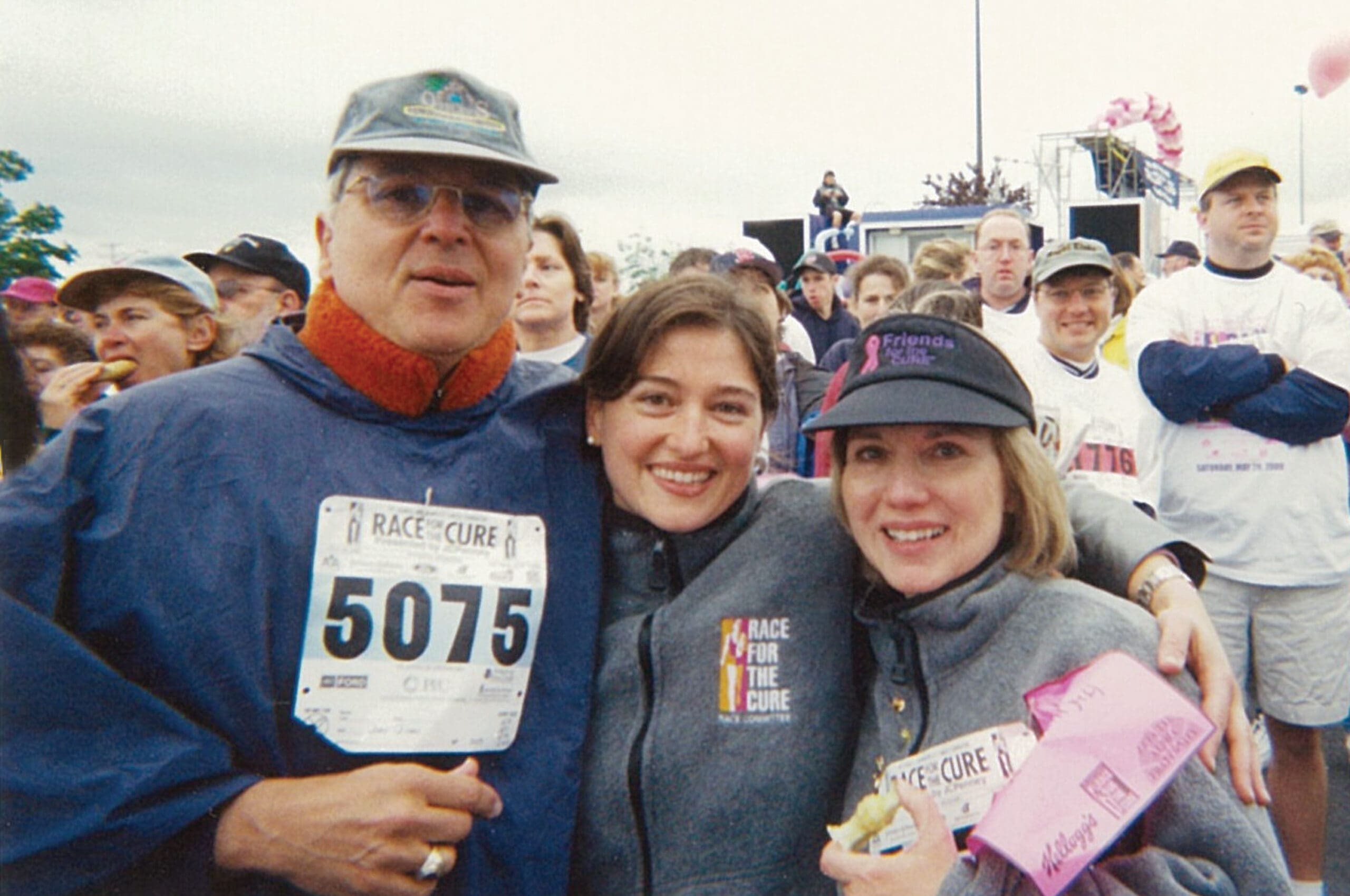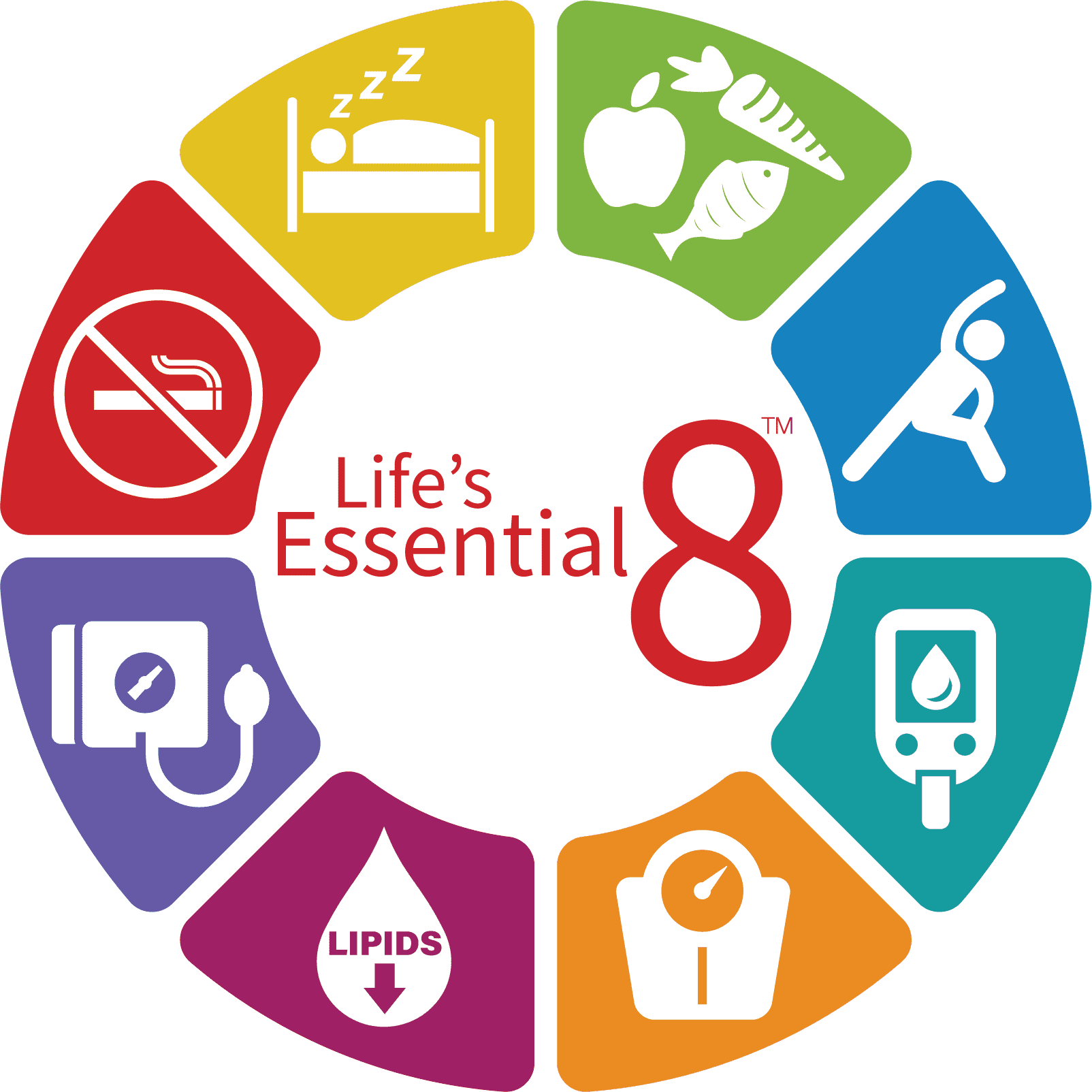By Christie Donato
October is the month of apple pies, cider donuts, fancy seasonal lattes (you know the one) and lots of candy, which is why this month I’m writing about sugar. For those of us who struggle to reign in our sweet tooth under normal conditions, the next couple of weeks can be especially challenging. Halloween is just around the corner, and sugar just seems to be everywhere. By now it’s common knowledge that drinking sugary beverages and eating foods with added sugar is not great for our overall health. According to the American Heart Association, diets high in added sugar are “linked to increased risks for high blood pressure, high cholesterol, diabetes and inflammation in the body.”
Despite knowing this, it can still be hard to turn down a sweet treat. Afterall, most of us have been trained to think of dessert as a reward for either doing something good or for making it through a bad day. Added sugar has become such an issue that more and more people are partaking in sugar cleanses in an attempt to rewire the brain to stop sugar cravings. Eliminating sugar from one’s diet is almost a Herculean task, yet I know so many friends and acquaintances who partake in some kind of sugar detox regularly, usually lasting about 10 days in total.
Almost everyone I spoke with who has engaged in a sugar cleanse agreed that giving up sugar is really difficult at first but feels amazing once you get past the second or third day. “I find that my brain goes a little haywire 48 hours in from the complete lack of sugar,” says Vanessa Vache of New York City. “So I always plan to have Day Two fall on a day when I don’t have too much going on. It’s around the midpoint of the detox when you start feeling like a superhero.” This sentiment was echoed by everyone I spoke with, who said they felt more productive and focused and had better self-esteem overall. “The thing is, it’s hard to sustain,” admitted Lindley Huynh of San Francisco, who is not currently on a sugar detox, but has been toying with the idea of giving up sugar, dairy, coffee and alcohol. “I can’t bring myself to start something I’m not ready to succeed at.”
Going completely sugar free looks fine on paper, but is it actually feasible for the long-term?
Caroline Dooner, teacher, podcast host and author of “The F*ck It Diet,” is a tireless advocate for ditching the restrictive diets and switching to engage in intuitive eating, a more mindful way to get healthy. “When we restrict calories or carbs, our body will wire us to crave them more, which is why many/most/all diets and detoxes end in some kind of binge. Not always right away… but eventually,” Caroline says. As for that incredible feeling everyone who gives up sugar is always talking about, she says that “…in the beginning, restricting can make you feel a bit euphoric. When we have less calories to run on, it can make our adrenaline higher. Without quick and easy fuel (carbs) you get quick and easy stress hormones. This can almost feel like a drug high… but it will also eventually wear off. And when it does, that’s usually when the binges happen.”
Does this mean that she wants us to eat all the sugar we want all the time? Not exactly. “I think it’s totally possible to change your palette to enjoy less sweet foods,” Caroline says. She just wants us to quit the extreme diets and make a plan for healthy eating that you know is actually attainable. To this point, Caroline says, “I am someone who used to think that I had a sugar addiction (I was dieting nonstop during that time!) and now am positive that I don’t. I can take it or leave it, I occasionally crave it, but will stop when I’m full.”
And as it turns out, sugar isn’t “just as addictive as cocaine,” as many of us have been told. In the article “Sugar Addiction: the State of the Science”, published in the November 2016 issue of the European Journal of Nutrition, researchers reviewed literature surrounding sugar addiction in humans, and ultimately concluded that there was “little evidence” to back up this claim. The results showed that, “addiction-like behaviors, such as bingeing, occur only in the context of intermittent access to sugar.” So maybe letting ourselves off the hook once in a while to enjoy a chocolate peanut butter cup or two isn’t what’s throwing off our diet but is instead part of an overall healthier mindset. In fact, having a little candy this month might help us to crave it less in the end.





